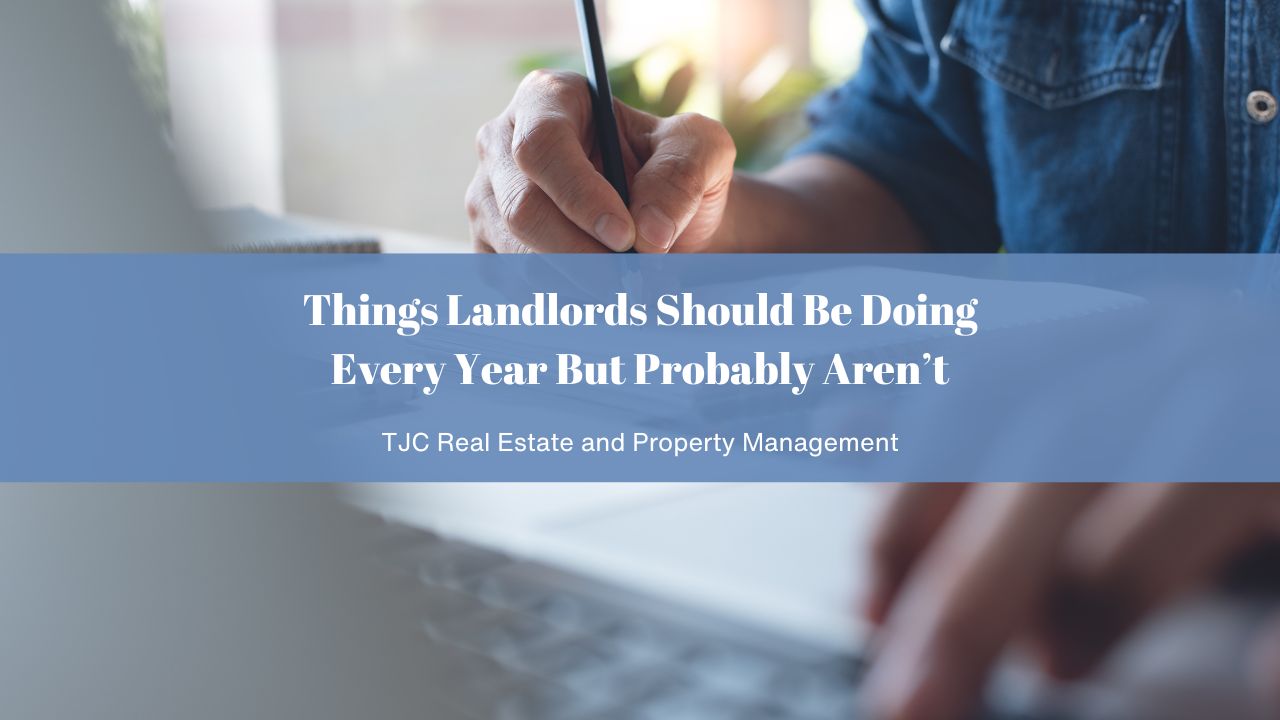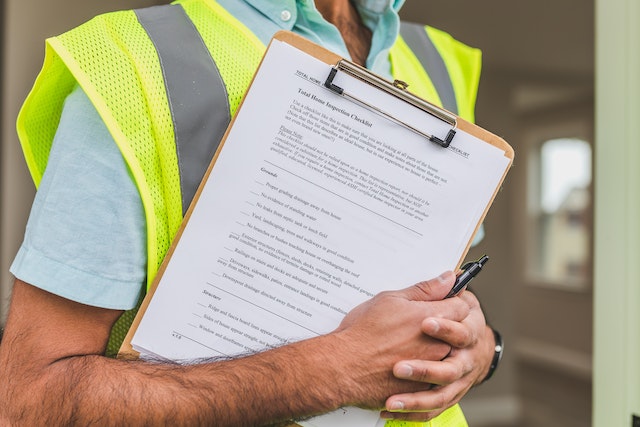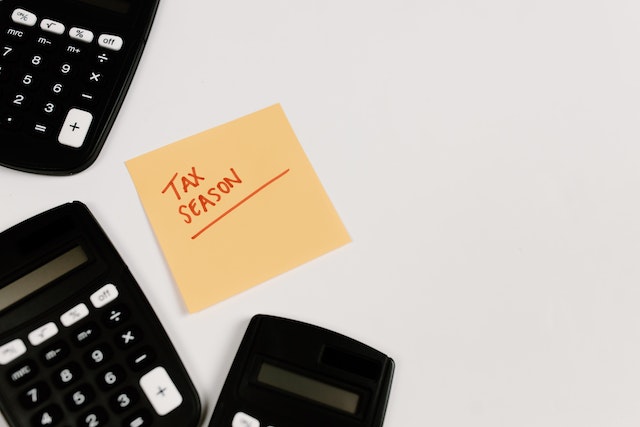
Owning rental properties requires certain daily and monthly tasks like collecting rents, performing repairs and maintenance, satisfying legal obligations and enjoying some profits. Aside from these activities, you have some essential responsibilities to perform annually.
Because of the sometimes hectic nature of running a rental business, some landlords can forget essential activities they should be performing every year. If you want to keep your rental property legally airtight, protect your relationship with renters, and generate solid returns, then you should carve out time to be doing these tasks every year.
In this article, we at TJC Real Estate and Property Management will cover some of the essential things landlords should be doing every year!
Some landlords only perform the basic walkthrough inspection only when renters move out or in. Only very few take time to conduct thorough inspection once a year. Before performing this inspection, you will have to send a notice to your tenant and schedule a convenient time for both parties.

During this thorough annual inspection, you may spot some minor issues that have potentials of escalating into costly problems. During the inspection, you want to look out for:
These inspections protect your investment and send a signal to your renters that you care about their comfort.
Laws keep changing, tenant protection keeps shifting and of course your rental policies will have to evolve with time. An annual review is, therefore, essential to help you stay up to date. Make your lease a living document that requires a reassessment and upgrade every year. Doing so will ensure that your lease is:
As an investor, setting rental rates is not a one-time decision. The market is dynamic, shaped by inflation, changing neighborhood conditions, and shifting demand, so it’s essential to review your pricing regularly. It’s recommended that landlords consult local agents, monitor comparable listings in your area, and leverage rent estimate tools to stay competitive.

When adjusting rent prices, ensure any increase is fair, compliant with local regulations, and communicated to tenants with proper notice. In many cases, rent adjustments are best tied to property improvements or upgrades. Failing to review rental rates annually can lead to two costly outcomes: undercharging tenants and missing out on income, or overpricing and discouraging quality renters.
Do you know exactly what your landlord insurance covers? Many landlords assume they are fully protected, until an unexpected incident reveals gaps in their insurance coverage or outdated limits that haven’t kept pace with inflation.
This is also a good time to confirm that your tenants maintain up-to-date renters’ insurance. As a best practice, it’s recommended that you review your insurance annually to:
One of the greatest advantages of owning rental property lies in its tax benefits. For self-managing landlords, it’s essential to track all expenses throughout the year, whether through a spreadsheet or a dedicated app, to simplify tax season and maximize deductions.
Your approach to taxes can make the difference between a thriving rental business and one that struggles. It goes beyond simply handing receipts to a CPA and hoping for the best; annual tax reviews are critical.

A thorough review may uncover valuable opportunities, such as:
A rental property emergency is not the time to be digging through old emails for outdated contact information. At least once a year, it’s important to:
Housing laws keep evolving. As the landlord, it’s your responsibility to remain informed of landlord-tenant, security deposit, eviction, and Fair Housing laws at all times. For that reason, once every year you should read updates from your local housing authorities and even consult a real estate attorney where necessary.
Your responsibilities as a landlord involve a lot of time and effort. It also entails protecting your investments and creating a safe home. Find time every year to ensure you tackle all the tasks on this list.
If you need help managing your rental properties consider the benefit of working with our experts at TJC Real Estate and Property Management. Contact us now for information about our trusted services!
© 2025 TJC Real Estate. All rights reserved. Privacy Policy | Terms of Use | Portable Tenant Screening & Disclosure | Website by Distill